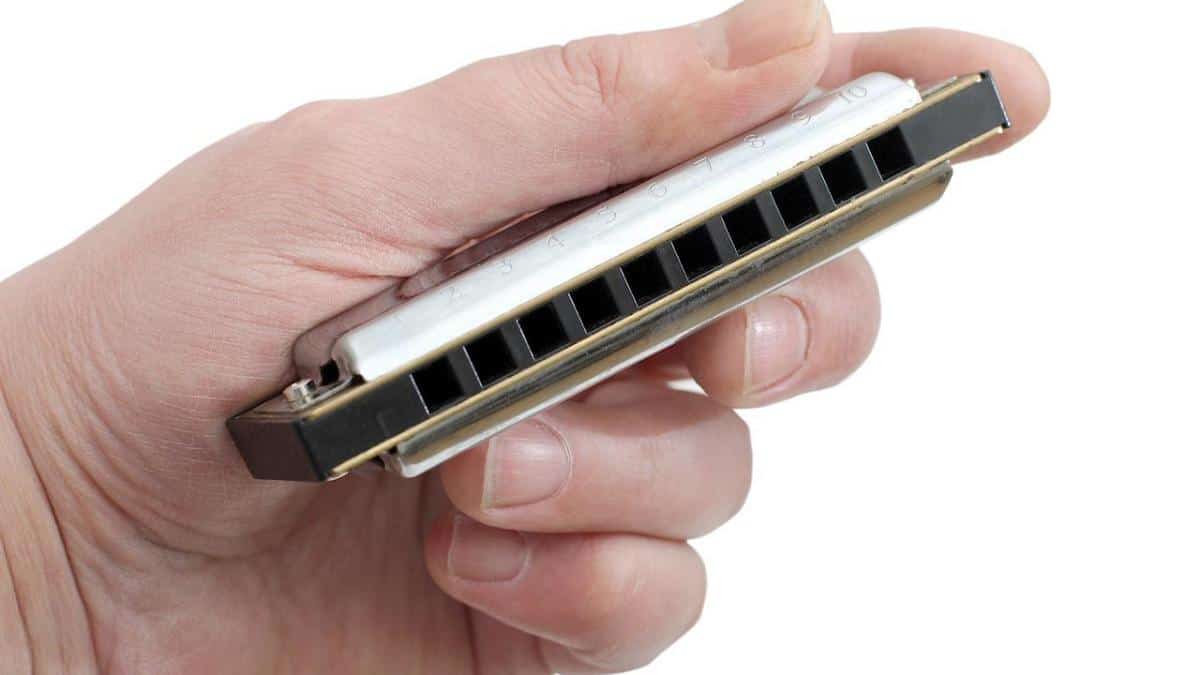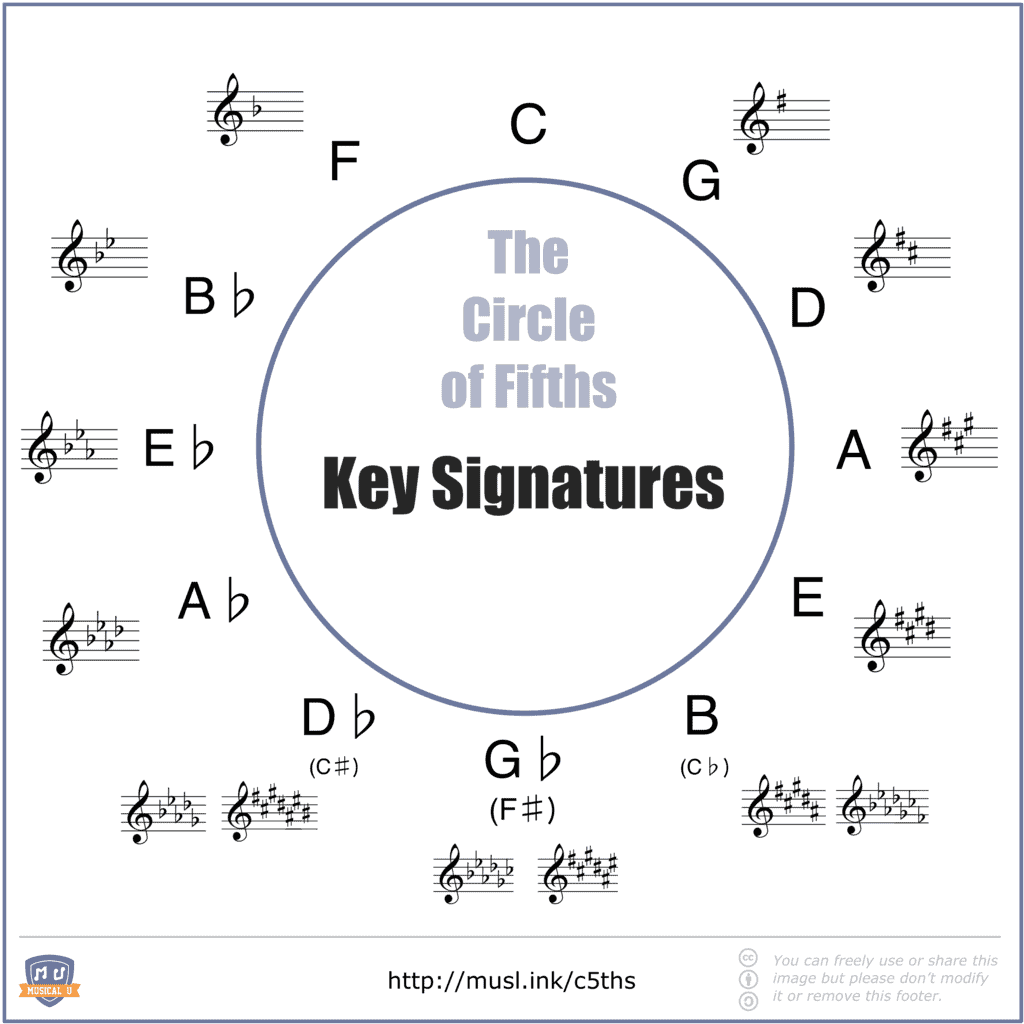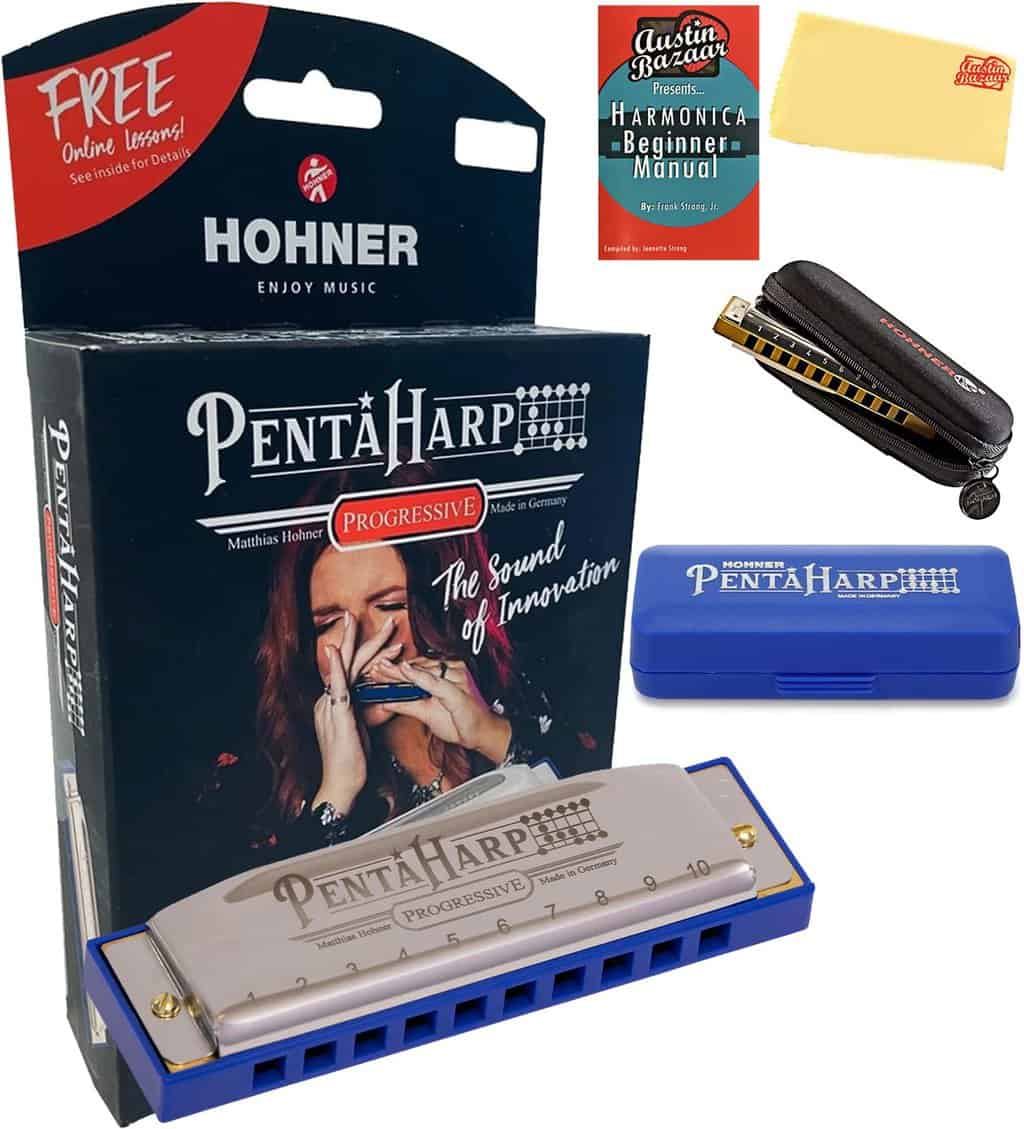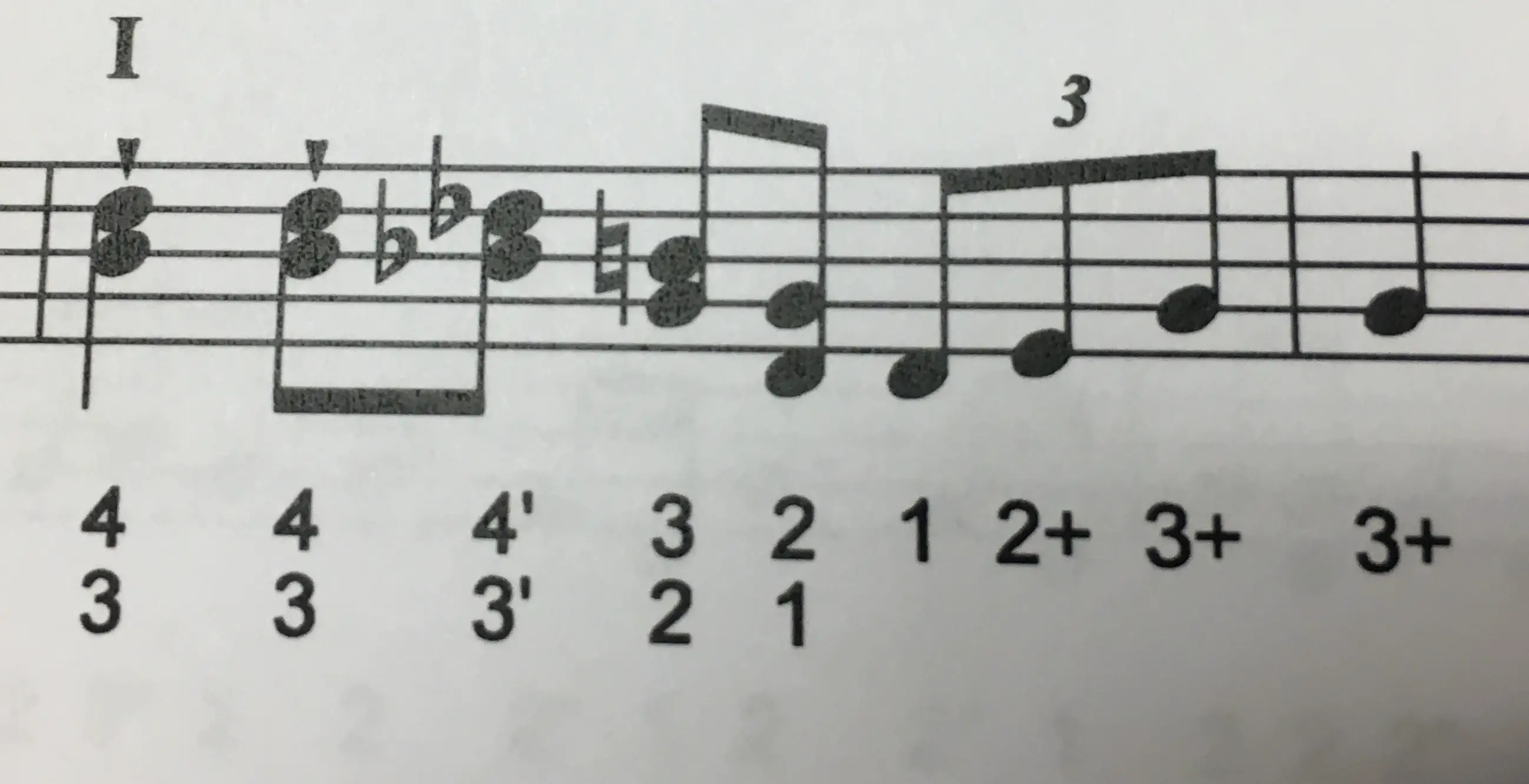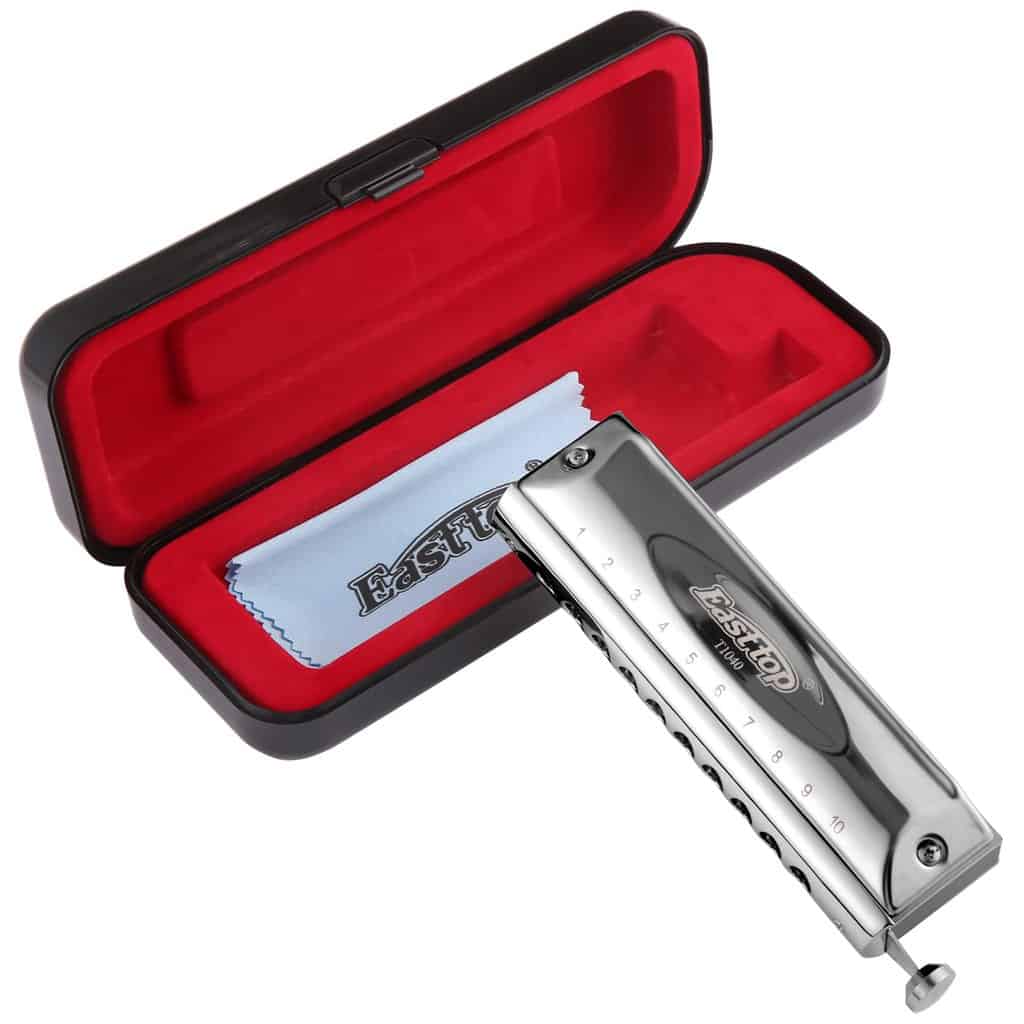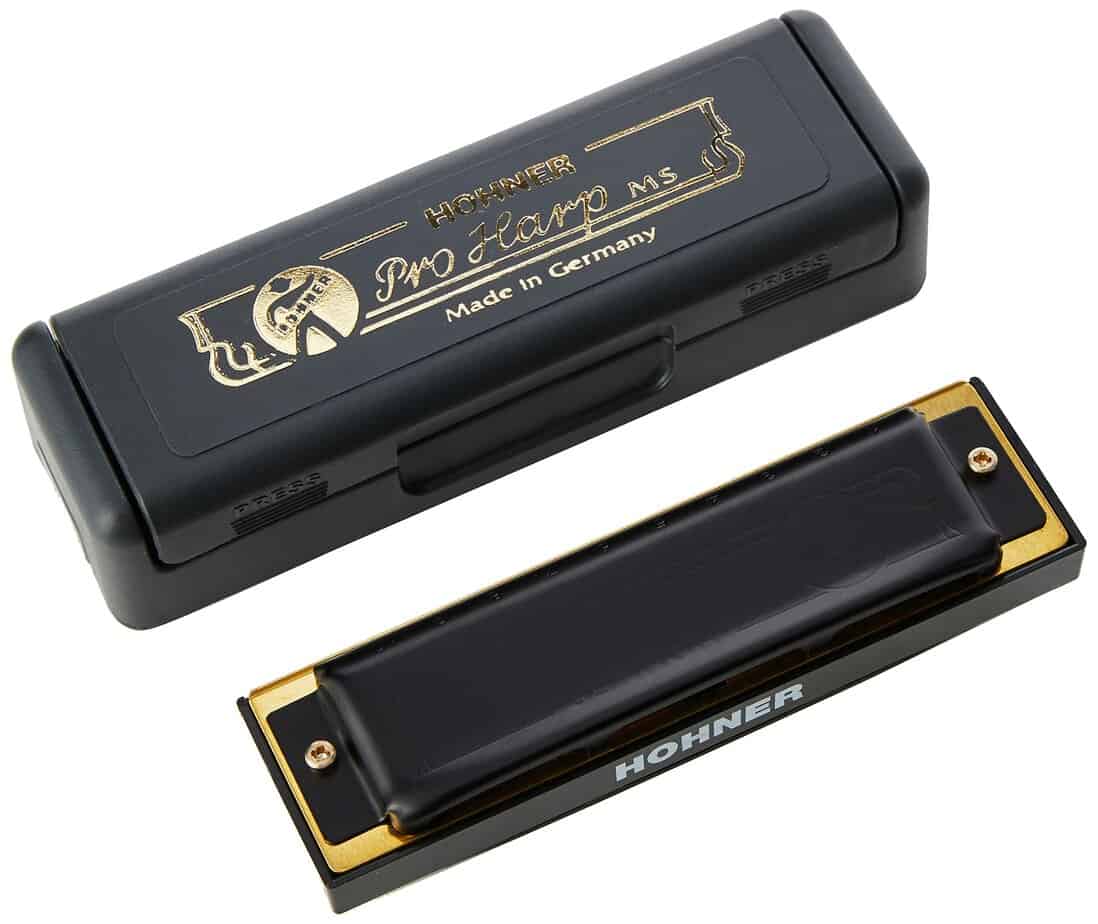If you’re an aspiring harmonica player, you might be wondering “what key harmonica should I use?”. After all, there are many different types of harmonicas available, and it can be tough to decide which one is right for you. Fortunately, this article will provide you with all the information you need to make an informed decision about what key harmonica to use. We’ll discuss the different types of harmonicas, the different keys they come in, and how to determine which one is best suited for your needs. With this information, you’ll be able to select the perfect harmonica for your playing style. So let’s get started!
Types of Harmonicas
1. Chromatic Harmonica
Chromatic harmonicas are designed with a button-activated slide which allows access to all 12 notes within an octave. These harmonicas are often used by advanced players to play classical music or jazz.
2. Diatonic Harmonica
Diatonic harmonicas are the most common type used by blues and folk musicians. These harmonicas are designed with a single scale and can be played in multiple keys by using a different harmonica for each key.
Determining What Key to Use
Musical Key
When choosing a harmonica key, it is important to consider the key of the music you are playing. If you are accompanying a vocalist, for example, the vocalist will determine the key of the song. Matching the key of your harmonica to the key of the song will make it easier to play along.
Musical Genre
The genre of music you are playing will also have an effect on the type of harmonica you should use. Blues, jazz and rock music often uses minor keys, such as A minor and C minor. Country, folk and pop music, on the other hand, will use major keys, such as D major and G major. Knowing the genre of the music you are playing can help you decide which key harmonica to use.
Choosing the Right Brand
When selecting a harmonica, it’s important to choose a reputable brand. Here are some popular brands that offer quality harmonicas:
| Brand | Type | Price |
|---|---|---|
| Hohner | Diatonic | $15 – $100 |
| Seydel | Chromatic/Diatonic | $30 – $300 |
| Suzuki | Chromatic/Diatonic | $30 – $200 |
| Lee Oskar | Diatonic | $50 – $120 |
| Hering | Chromatic/Diatonic | $30 – $150 |
Hohner harmonicas are popular among beginners and experienced players alike, offering good quality at an affordable price. Seydel harmonicas are known for their great sound quality, but they can be a bit more expensive. Suzuki harmonicas are known for their excellent craftsmanship and good sound quality. Lee Oskar harmonicas are known for their great sound quality and easy playability. Hering harmonicas are also known for their good sound quality and affordability.
Understanding Musical Notation
- Learn the basics of reading music notation, such as treble clef, staff and bar lines, time and key signatures, and note values.
- Practice identifying notes on the staff, such as whole notes, half notes, quarter notes, eighth notes, and rest values.
- Familiarize yourself with the scale, intervals, and triads.
- Understand the types of articulations and dynamics used to shape the music.
- Learn about transposition and the different key signatures.
Once you have a good understanding of musical notation, you can use this knowledge to determine which key harmonica to use.
Considerations for Beginners
| Consideration | Reason |
|---|---|
| Size | Smaller harmonicas are easier to maneuver. |
| Holes | Fewer holes make it easier to learn and control the instrument. |
| Tone | Bright and clear tones are easier to learn. |
| Price | More expensive harmonicas often have better sound quality. |
| Key | Starting with the most popular keys like G, A, and C is recommended. |
When choosing a harmonica for beginners, several considerations should be taken into account. Size is an important factor, as smaller harmonicas are easier to maneuver. Fewer holes make it easier to learn and control the instrument. Additionally, brighter and clearer tones are easier to learn. Price should also be taken into account, as more expensive harmonicas often have better sound quality. Finally, starting with the most popular keys like G, A, and C is recommended.
Other Considerations
When choosing a harmonica, there are several other factors to consider. Size and weight, as well as the type of material it is made of, are important to consider.
| Factor | Description |
|---|---|
| Size & Weight | The size and weight of the harmonica can affect the ease of play, as well as the overall sound. |
| Material | The type of material the harmonica is made of can affect the sound and durability of the instrument. |
| Type | Harmonicas come in a variety of types, such as diatonic, chromatic, tremolo, and octave. |
The type of harmonica can also be important, as some types are better suited for certain types of music. Diatonic harmonicas are often used in blues and folk music, while chromatic harmonicas are better suited for jazz. Tremolo harmonicas are used in traditional East Asian music, while octave harmonicas are often used in classical and orchestral music.
Tips for Maintenance and Care
| Maintenance | Care |
|---|---|
| Clean and inspect the harmonica regularly. | Tune your harmonica to the key you want to play in. |
| Use a cleaning cloth to remove excess moisture and dirt. | Replace reeds as needed. |
| Store your harmonica in a hard case when not in use. | Use compressed air to remove dirt from the reeds. |
| Do not leave your harmonica in direct sunlight. | Wipe down the outside of the harmonica with a damp cloth. |
| Keep your harmonica away from extreme temperatures. | Inspect the comb for signs of damage or wear. |
Frequently Asked Questions
What key harmonica should I use?
The key of the harmonica is determined by the key of the song or music you are playing. Different keys of harmonicas are used for different genres of music and for different instruments. For example, if you are playing the blues, you might use a C harmonica; if you are playing folk music, you might use a G harmonica; if you are playing rock, you might use an A harmonica. It is important to choose a harmonica that is suitable for the genre of music you are playing. Additionally, it is important to consider the range of notes available on different harmonicas when selecting the key.
What harmonica keys should I buy?
It largely depends on the type of music you intend to play and the range of notes you wish to be able to access. The most common keys for a harmonica are C, G, A, D, and E. It is generally advised to start with a C major diatonic harmonica as it is versatile enough to allow you to play almost any style of music. Additional keys can be purchased as you progress and become more experienced with the instrument.
What is the best key to buy a harmonica in?
When purchasing a harmonica, the key you choose is important as it affects the sound and range you can achieve. The most popular key for harmonica is C, as it is the easiest to play and is the most versatile for playing a variety of songs. For more experienced players, keys such as G, A, D, and E are more suitable for specific musical genres, such as blues and jazz. It is important to consider the style of music you want to play when selecting the key for your harmonica.
What factors should I consider when choosing a key for a harmonica?
The main factor to consider when choosing a key for a harmonica is the type of music you want to play. Different keys are better suited to different styles of music. Additionally, consider the range of notes the instrument can produce and the ease of playing. Finally, think about the type of harmonica you want, such as diatonic, chromatic, tremolo, or octave.
How do I know which key of harmonica is right for me?
The key of the harmonica is determined by the lowest note it can produce. If you are playing a song in the key of C, then you should use a harmonica in the key of C. If you are playing a song in the key of G, then you should use a harmonica in the key of G. Generally, when playing blues and rock, most harmonica players will use harmonicas in the key of C, A, and G. If you are playing folk music, then you may want to use a harmonica in a different key, such as D or E. In addition, some harmonicas are designed to be played in multiple keys, such as the Hohner Super 64X Chromatic Harmonica.
Conclusion
The type of harmonica you choose to play is up to you and your style. Consider the genre of music you are playing, the key of the songs you will be performing, and the skill level you have before deciding. Make sure you choose a harmonica that is comfortable and easy to play. If you are a beginner, start with a basic diatonic harmonica and practice with it until you are comfortable. If you are ready to take your skills to the next level, consider investing in a chromatic or custom harmonica.

